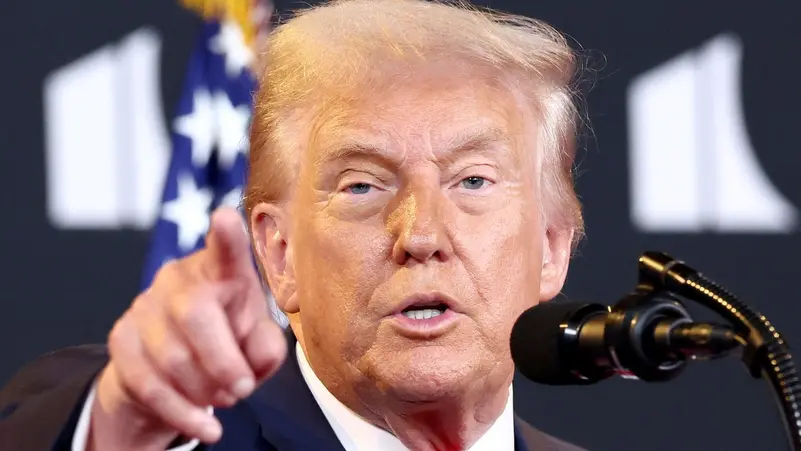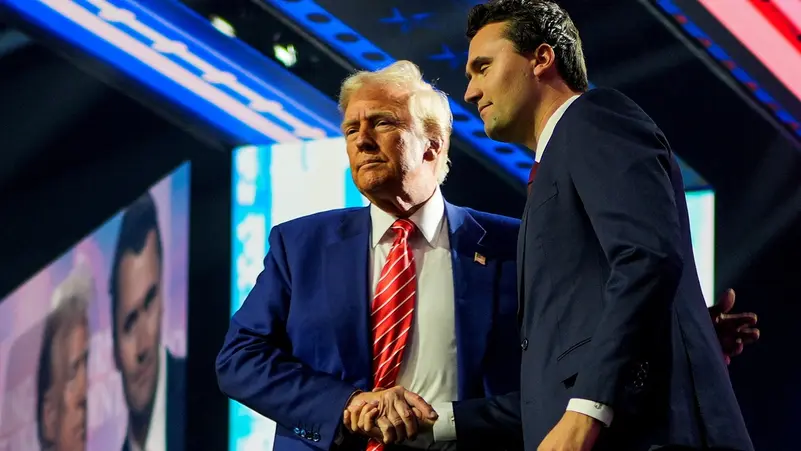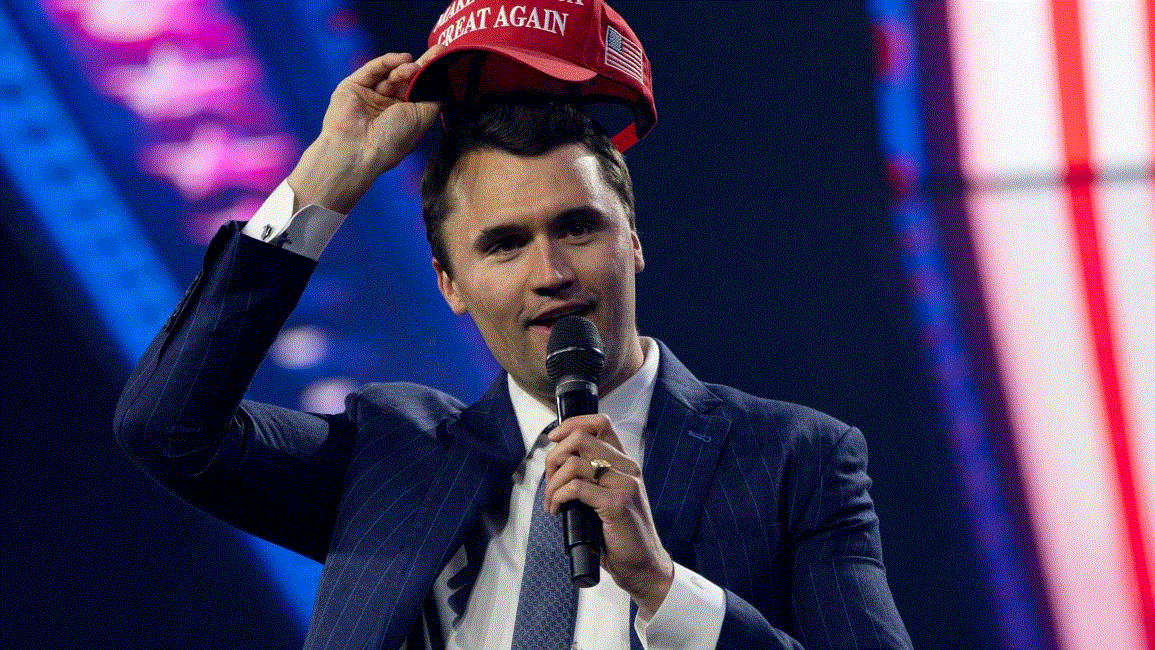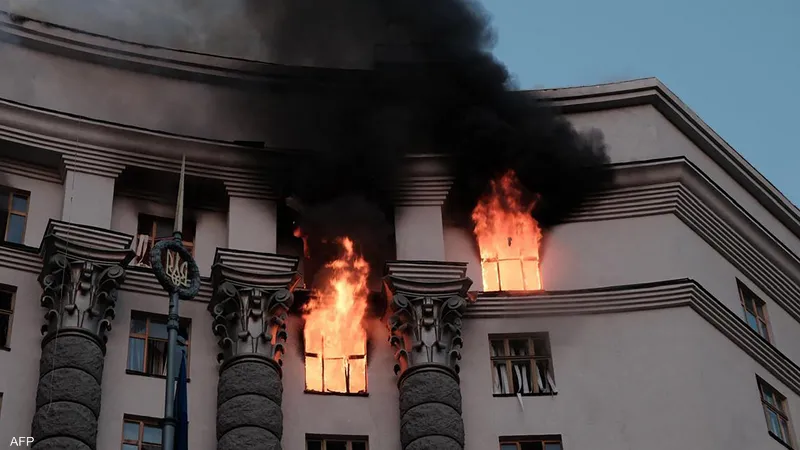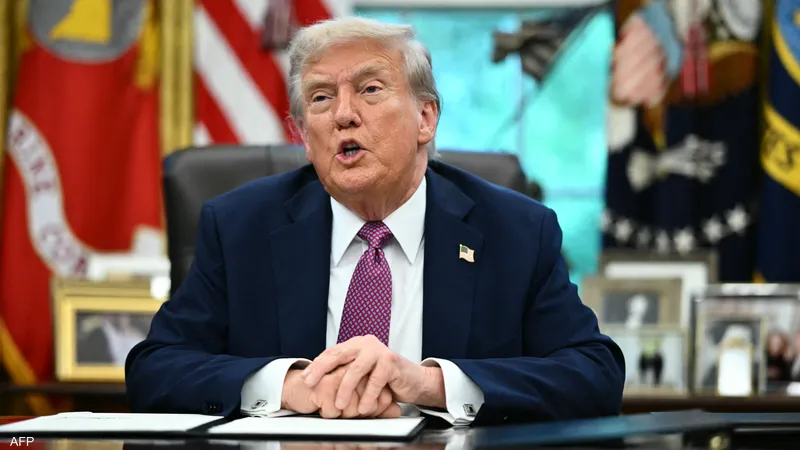Trial Begins in Florida for Man Accused of Plotting to Assassinate Former President Trump

The trial of a man accused of plotting an attack on former U.S. President Donald Trump began on Tuesday in Florida, marking the latest development in a high-profile case that has drawn national attention. The proceedings started with the selection of a jury for the trial, which is expected to draw significant media coverage due to the nature of the allegations and the high-profile target involved.
Arrest and Charges
The suspect, whose name has not been fully disclosed in some reports, was arrested last year in connection with an alleged plan to target Trump during his presidential campaign. Authorities charged the individual with conspiracy to commit an act of political violence against a sitting candidate, highlighting the serious legal and security implications of the case.
According to court documents, the suspect allegedly planned and prepared for the attack, though law enforcement agencies have emphasized that no attempt reached fruition. The charges reflect the severity with which U.S. authorities treat threats against political leaders.
Jury Selection and Court Proceedings
On Monday, the suspect appeared before a pool of potential jurors as part of the jury selection process, a critical step in any criminal trial. Reports from the New York Times and ABC News indicated that the defendant apologized to the potential jurors, stating:
“I’m sorry to have you here. I apologize for that.”
This apology was reportedly directed toward the inconvenience of having jurors spend the next three weeks in court rather than as an admission of guilt regarding the alleged crime.
The selection of jurors is expected to take several days, given the sensitivity of the case and the prominence of the individual allegedly targeted. Attorneys for both the prosecution and defense are carefully vetting candidates to ensure impartiality and fairness throughout the trial.
Background of the Alleged Plot
Investigators allege that the suspect began planning the attack months before the arrest, gathering information and attempting to gain access to locations where Trump was scheduled to appear. Law enforcement officials have emphasized that the alleged plot did not progress beyond preparatory steps and that no weapons were used or deployed.
The case has raised concerns about political violence and security during election cycles, prompting discussions about how to safeguard candidates while respecting the rights of individuals. Federal agencies, including the FBI and the Secret Service, have been involved in investigating the plot and ensuring protective measures for high-profile political figures.
Legal Proceedings and Defense
During earlier court appearances, the suspect pleaded not guilty, denying any involvement in the alleged plot. Legal experts have noted that cases involving threats against political figures are typically handled with heightened scrutiny, including enhanced security in courtrooms and the careful management of evidence that could impact national security.
Defense attorneys are expected to challenge the prosecution’s evidence, questioning both the intent and capability of the suspect to carry out the alleged plot. Meanwhile, the prosecution is likely to present evidence detailing the suspect’s planning activities, communications, and any steps that suggest an intent to harm Trump.
National Attention and Security Concerns
The trial has attracted widespread media coverage, given the high-profile nature of the alleged target and the broader context of threats to political figures in the United States. Security analysts have highlighted that the case underscores ongoing concerns about domestic threats and political violence, particularly during election campaigns.
Experts have emphasized the importance of balancing public access to justice with the need to protect sensitive information and ensure the safety of both the defendant and the public. Court proceedings in such high-stakes cases often involve strict security protocols, including controlled access, screenings, and surveillance.
Broader Implications
The case also raises questions about legal accountability and the prevention of politically motivated violence. Legal scholars note that convictions in such cases often involve extensive documentation, expert testimony, and careful interpretation of intent and actions.
Observers have drawn parallels to previous high-profile cases involving threats against political leaders, emphasizing the challenges of prosecuting plots that may involve planning but no completed act. The outcome of this trial may influence how future cases are approached by law enforcement and the judiciary.
Next Steps in the Trial
With jury selection underway, the trial is expected to continue over the next several weeks. Both sides will present opening statements, followed by the introduction of evidence and witness testimony. Court officials anticipate a complex and closely watched trial, given the national implications of the case and the profile of the alleged target.
Legal analysts predict that the trial will also examine broader issues, including the role of online communications in facilitating plots, the responsibilities of platforms in monitoring threats, and the broader societal context of political extremism.
The Florida trial of the man accused of plotting against former President Trump represents a critical moment in addressing threats against political figures in the United States. As proceedings unfold, the case is likely to highlight the interplay between legal processes, security considerations, and public interest, offering insight into how authorities navigate complex threats to democracy.
